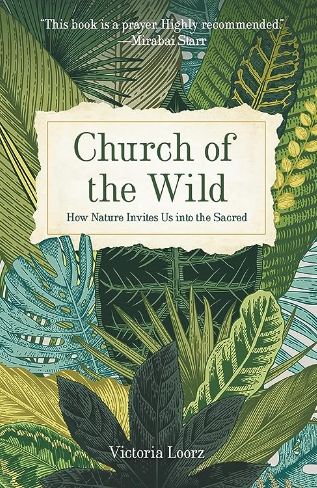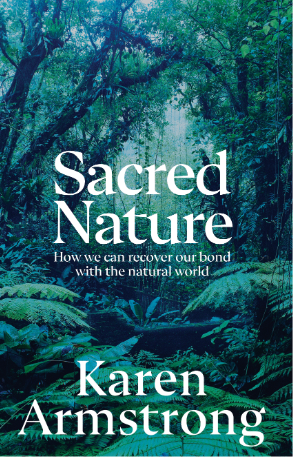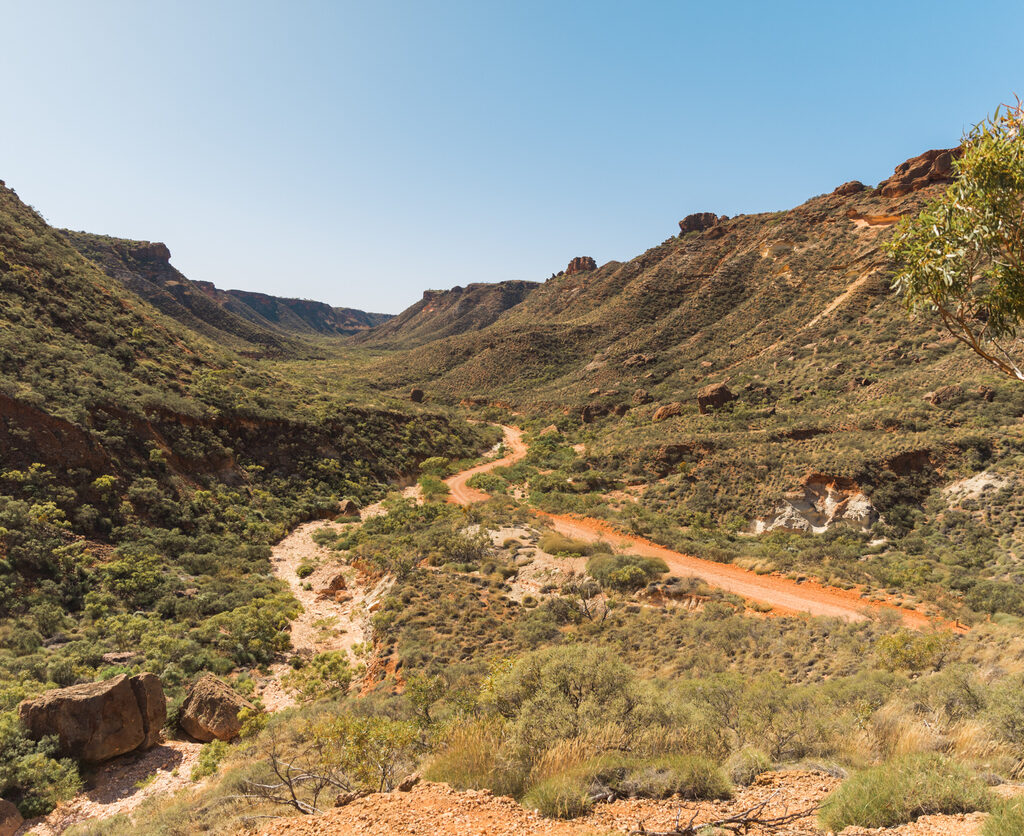Reviews: Church of the Wild, Victoria Loorz & Sacred Nature, Karen Armstrong
With current ecological crises it is clear we need to understand how we fit in with the rest of nature, but a focus in the church on a spirituality that separates the non-human world from the human has been part of a wider modern cultural shift that has distanced us from the gifts of what sustains us, to our peril.
Celebrated religious scholar and former nun Karen Armstrong suggests that the Bible betrays a different outlook of the Hebrews to the cultures around them. Rather than God permeating the world, the Israelites began to see God as presiding over the world. This created a separation that would culminate in the deism of the Enlightenment. God was in charge, but in a somewhat remote fashion. This has ramifications for how the churches have responded to the natural world.

Some of this theology was good – rather than an irrational deity to be feared, the Christian God was loving, and rational, and the world ordered in such a way that it could be mapped by science. But along the way we lost the idea from Job, and Denys the Areopigate, that God is bigger than our restrictive concepts, and with that we lost a feeling of humble openness. Older Christian rituals emphasised culpability and the need for awareness, repentance and reconciliation. Of late, says Armstrong, Christianity has become ‘consoling and undemanding’, often creating a self-centredness and apathy to what we are doing to the world.
Victoria Loorz, a spiritual director with an ecological focus, agrees that modernity has created human hubris – the feeling that we are the only species that ultimately matters. Christianity has at times fed this, as well as been co-opted into this. Her book is for those who feel a disconnect between the world inside the church walls and ‘wild nature’ outside. Some of us feel a call from both, but stand in the doorway, unsure of where to go. (She says she meets many who feel pressured to make a false choice between the two.) Inspired by youthful engagement with nature, she seeks ways to remove the doorway and the walls, to see God in the world outside.
In church, this can easily be dismissed as pantheism or paganism. Indeed, she was warned by friends within the church that God is found in the Bible, not in a tree. But this neglects the fact that the Bible points to the natural world as made and loved by God. St John of the Cross said that ‘all things are God’, and we can’t separate God out of nature, God being the energy that flows through it, or in the words of medieval theologians, the ‘ground of being’.
Loorz pays close attention to the biblical Hebrew, noting that in the Bible wilderness is not necessarily a place of danger and scarcity, but is, rather, a place of recovery in the presence of God. Okay, that may be, but we don’t even need such exegesis to see that the natural world is God’s and a place to encounter God, and that because of its goodness we have a duty to care for it.
She also places much emphasis on the meaning of ‘logos’, arguing that the more correct translation would be ‘conversation’, rather than ‘Word’, as Erasmus evidently once noted. This does make a difference to how we consider the beginning of John’s Gospel, prompting us to see God as less a thing (which medieval theologians argued against anyway) and more the flow between all things. Focussing on connections rather than things helps us understand our interdependence.
This, Loorz notes, is closer to Indigenous cultures, whose people tend to see relationships as more important that things (in contrast to materialist modernity). This concept also permeates Eastern religions. Armstrong outlines how the world’s religions can teach us to see the whole of nature as sacred, permeated by the presence of God, and how this can heal the broken relationship between the natural world and human culture.

The Golden Rule is something found not just in the Gospels. Confucius’s use of it may be the oldest surviving, but it unlikely he came up with it. It’s widespread in world religions, and can apply to the environment, profoundly applicable to contemporary fouling of land and water and the inequalities that creates.
In the Jains, proponents of yoga, Armstrong sees the value of non-violence applied to the whole world. There is a danger this can turn into a life filled with rules rather than freedom, but at its core is respect and empathy and a deep desire to avoid harm. In Buddhism she sees the value of compassion for all. Generally, compassion for the non-human world translates to a better disposition towards human beings, so we need not think that we have to choose between prioritising non-human nature or prioritising human beings. With this comes a valuable decentring and openness to transcending nationalism, sectarianism, sexism, racism, tribalism.
Tribalism and violence against fellow human beings are not, of course, non-existent in older and Indigenous societies, but in these societies there is often a reverence for non-human life, in contrast to a modern attitude which often sees nature as merely a utility, an attitude that can begin to extend to our attitudes to human beings as well. At the same time, modern people are often distanced from nature and lack accountability – Armstrong notes how in both the Qur’an and the teachings of Saint Francis, gratitude for the world comes with a sense of responsibility for treating it fairly.
In religion, all these ideas are cultivated through art and ritual, which besides adding colour to life both elevate and ground our thinking. Loorz offers ways forward for a nature-nurturing church. Some of these may initially seem hippie-ish, but our churches need an ecological reformation if we are to understand our place in a bigger story and break down the walls we have created.
Nick Mattiske blogs on books at coburgreviewofbooks.wordpress.com and is the illustrator of Thoughts That Feel So Big.













